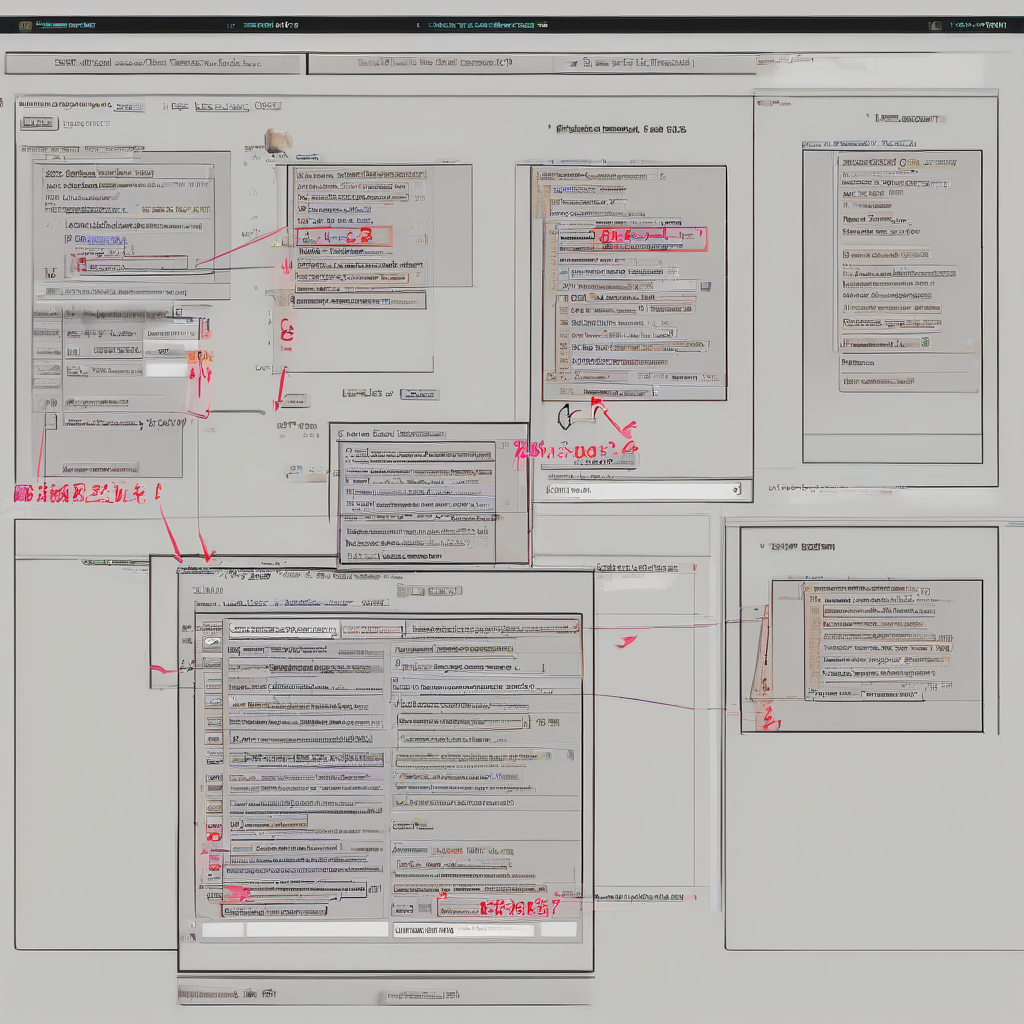Navigating the Labyrinth: A Comprehensive Guide to Doctorate Degree Programs
Embarking on a doctorate degree program represents a significant commitment, demanding years of rigorous study, research, and intellectual dedication. This comprehensive guide aims to illuminate the multifaceted landscape of doctoral programs, providing prospective students with the essential knowledge to navigate this challenging yet rewarding journey.
Understanding the Doctorate Degree
A doctorate degree, often referred to as a PhD (Doctor of Philosophy), or a professional doctorate such as a Doctor of Medicine (MD), Doctor of Jurisprudence (JD), or Doctor of Education (EdD), signifies the highest level of academic achievement. It’s a research-focused degree that pushes the boundaries of knowledge in a specific field. Unlike master’s programs, doctoral programs emphasize original research culminating in a substantial dissertation that contributes meaningfully to the existing body of scholarship.
Types of Doctorate Degrees
- Research Doctorates (PhD): These programs prioritize original research and the production of a significant dissertation. They are typically found in academic disciplines like science, humanities, and social sciences.
- Professional Doctorates (e.g., MD, JD, EdD): These degrees focus on advanced professional practice and often combine coursework, practical training, and a culminating project, though the emphasis may vary significantly across professions. They are geared towards specific careers and often involve clinical or fieldwork components.
Choosing the Right Doctorate Program
Selecting a suitable doctoral program is a crucial decision with long-term implications. Consider these factors:
- Area of Specialization: Identify your research interests and select a program that aligns with your passions and expertise.
- Faculty Expertise: Research the faculty’s publications, research interests, and mentorship styles. A strong advisor is essential for success.
- Program Reputation and Ranking: While rankings should not be the sole determining factor, they can provide a general indication of program quality and prestige.
- Funding Opportunities: Doctoral programs are often expensive. Investigate the availability of fellowships, assistantships, and scholarships.
- Program Structure and Curriculum: Examine the program’s curriculum, course requirements, and timeline. Consider the balance between coursework, research, and teaching responsibilities.
- Location and Institutional Culture: Consider the program’s location, the university’s environment, and the overall campus culture.
- Career Prospects: Research the career paths available to graduates of the program and assess the job market demand.
The Doctoral Application Process
The application process for doctorate programs is typically rigorous and competitive. Key components include:
- GRE Scores (often required, but increasingly less so): Many programs require or recommend Graduate Record Examinations (GRE) scores, although this is changing.
- Transcripts: Official transcripts from all previously attended universities are essential.
- Letters of Recommendation: Strong letters of recommendation from professors or mentors who can attest to your academic abilities and research potential are crucial.
- Statement of Purpose: This essay is your opportunity to articulate your research interests, goals, and why you are a suitable candidate for the program.
- Writing Sample: Many programs require a writing sample to assess your research and writing skills. This might be a chapter of your thesis or a published paper.
- Curriculum Vitae (CV): A CV outlines your academic and professional experiences.
Funding Your Doctorate
Securing funding is often a critical aspect of pursuing a doctorate. Common funding sources include:
- Teaching Assistantships (TAs): These positions involve teaching undergraduate courses in exchange for tuition remission and a stipend.
- Research Assistantships (RAs): These positions involve assisting professors with research projects and typically offer tuition remission and a stipend.
- Fellowships: These are competitive awards that provide financial support without requiring work in exchange.
- Scholarships: These awards are often based on merit or need.
- Loans: While loans should be a last resort, they can help cover expenses.
The Doctoral Experience: Coursework, Research, and Dissertation
The doctoral program typically consists of coursework, comprehensive examinations, and a dissertation. Coursework provides a foundation in the field, while the dissertation represents the culmination of years of research.
- Coursework: The coursework component varies depending on the program and field. It provides specialized knowledge and skills needed for research.
- Comprehensive Examinations: These exams, often written and oral, assess the student’s mastery of the subject matter.
- Dissertation Research: This is the core of the doctoral program. Students conduct original research, analyze data, and write a substantial dissertation that makes a significant contribution to their field.
- Dissertation Defense: Once the dissertation is completed, the student presents their research to a committee of faculty members and defends their findings.
Life as a Doctoral Student
The doctoral experience can be both challenging and rewarding. It demands significant time commitment, dedication, and perseverance. Students often face long hours of research, writing, and teaching, requiring excellent time management skills and self-discipline.
- Time Management: Effective time management is crucial for balancing coursework, research, teaching, and personal life.
- Networking: Attending conferences, engaging with faculty and peers, and building professional relationships are important for career development.
- Mentorship: A strong advisor-student relationship is essential for guidance and support throughout the program.
- Self-Care: Maintaining physical and mental well-being is crucial for success in a demanding doctoral program.
Career Paths After a Doctorate
A doctorate degree opens doors to a variety of career paths, depending on the field of study. Possible career options include:
- Academia: Many doctoral graduates pursue careers in academia as professors, researchers, or post-doctoral fellows.
- Industry: Many industries, such as technology, pharmaceuticals, and consulting, employ doctoral graduates for their expertise and research skills.
- Government: Government agencies and research institutions often hire doctoral graduates for research and policy positions.
- Non-profit Organizations: Non-profit organizations employ doctoral graduates for research, program development, and advocacy roles.
Conclusion (Not included as per instructions)




